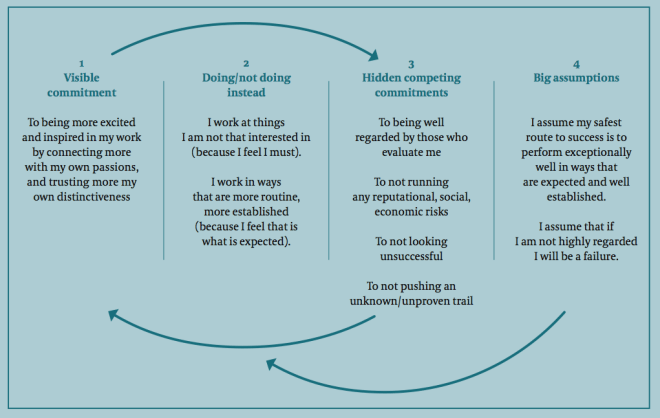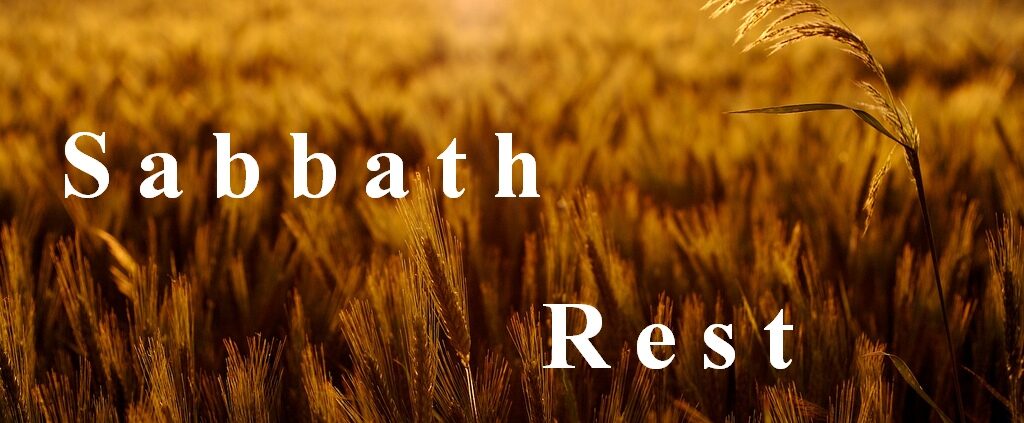Creating A Pattern of Rest and Recovery
Creating A Pattern of Rest and Recovery

Peter Wagner
Peter Wagner was one of my professors while I worked on a doctorate at Fuller Theological Seminary in Pasadena, CA. He made an indelible impact on my life as I learned about how to form growing churches. But when I think of him, I remember most something he said about creating a pattern of rest and recovery in the midst of ministry. He said that we need a Daily Diversion, a Weekly Withdrawal, and an Annal Abandonment. As you can see, he was pretty good at loaded, pithy statements.
In the last post I reflected on recovering from the drain of preaching. However, you will need more than that. You will need a pattern in your life that provides energy for ministry. In this post we’ll see how a weekly sabbath is important for the preacher.
The Concept of Sabbath and a Pattern of Rest and Recovery
God was very clear when he gave his people the Ten Commandments, as recorded in Exodus 20. We are to be a people who rest regularly. This is how He put it:
Remember the Sabbath day by keeping it holy. Six days you shall labor and do all your work, but the seventh

Moses receives the Ten Commandments
day is a sabbath to the Lord your God. On it you shall not do any work, neither you, nor your son or daughter, nor your male or female servant, nor your animals, nor any foreigner residing in your towns. For in six days the Lord made the heavens and a the earth, the sea, and all that is in them, but he rested on the seventh day. Therefore the Lord blessed the Sabbath day and made it holy. (Exodus 20:8-11)
This is the longest of the Ten Commandments. God obviously wanted to make a point to his people. I suspect they were relieved to hear it. They were slaves in Egypt, and forced to work day after day without a break. But now God says that rest is part of a pattern of life. We have the privilege of joining God in rest.
Why Don’t We Do It?
So, it’s God’s plan, but we pastors often fail to follow God’s example. I remember early in ministry the exhaustion that enveloped me, along with deepening depression, when I spent 17 nights in a row in ministry of one kind or another. Apparently I thought I was exempt from creating a pattern of rest and recovery for my ministry.
 I think it is likely that you make these choices regularly yourself. Why don’t we in ministry schedule regular, weekly withdrawal? One way of understanding our commitment to an idea, like sabbath keeping, and our lack of commitment to the practice, is a study done by two Harvard researchers. Below I quote at length from the Christianity Today blog:
I think it is likely that you make these choices regularly yourself. Why don’t we in ministry schedule regular, weekly withdrawal? One way of understanding our commitment to an idea, like sabbath keeping, and our lack of commitment to the practice, is a study done by two Harvard researchers. Below I quote at length from the Christianity Today blog:
Competing Values
One possible lens through which we might understand this question  is a diagnostic grid put together by a couple of Harvard educators, Robert Kegan and Lisa Laskow Lahey. It helps us unearth our subtle, competing values that keep us from doing what we think we should and what we want to do.
is a diagnostic grid put together by a couple of Harvard educators, Robert Kegan and Lisa Laskow Lahey. It helps us unearth our subtle, competing values that keep us from doing what we think we should and what we want to do.
Kegan and Lahey have us begin with a commitment or value or belief—something we say is really great if it happens. In this case, to adapt their language, “We are committed to the value or importance of … Sabbath-keeping,” both as a distinct day and as a mentality throughout the week.
Then we ask, “What are we doing or not doing that prevents this from happening?” Pastors could invite their congregation to ask, What am I doing or not doing that prevents Sabbath-keeping and rest? Of course there are external factors, but here the focus is on what I am doing (or not doing) that prevents Sabbath rhythms in my life.
Underneath the answer to that question, Kegan and Lahey point out, is a competing commitment or value or belief. Based on what I’m doing to undermine my Sabbath-keeping—checking work email on a day off, not delegating or asking for help, committing to more than six days of work a week—“I may also be committed to” values like getting everything done myself to make sure it gets done right. Or, “I may also be committed to” going on because I have to.
Creating Sabbath Patterns for Rest and Recover
Does that describe you? In the next post we’ll consider some helpful tips to creating a pattern of rest and recovery for yourself and your family.



